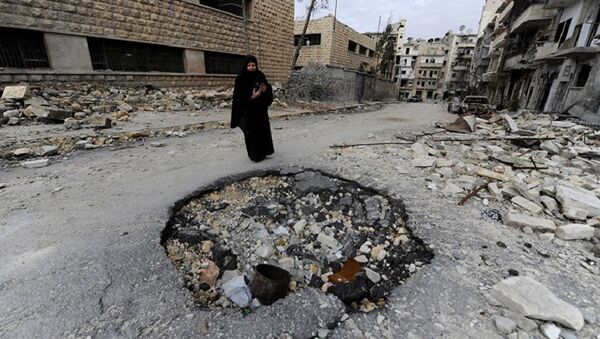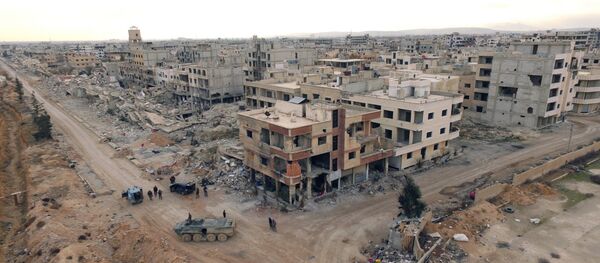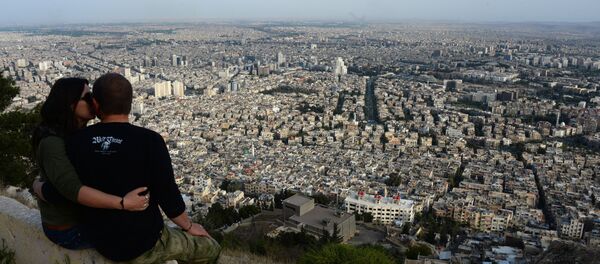"It seems that the time has come, and I think it has come a long time ago, to see the humanitarian consequences of those sanctions that the EU and the United States have imposed against the Syrian Arab Republic," Lavrov said after talks with head of EU diplomacy Federica Mogherini in Brussels.
Mogherini responded by saying that sanctions imposed by the European Union on the Syrian government don't not affect the country's civilians.
"None of our sanctions on Syria affect civilian population. They're all targeted at individuals that hold specific responsibility in the war," Mogherini said.
"We are not a military player in Syria, we decided not to be. And if I can add we are even proud not being one. But what we can do and we are doing day by day more is using the support we can give politically but also financially to the political process based on military agreements… The European Union is ready to come in with all its strength – financial, political, organizational, diplomatic, and so on … to support going back to normal life inside Syria because building peace requires a ceasefire but then requires also building the living conditions of communities, and here is where the European Union will bring its power of peace."
Mogherini also said that she discussed the issue of Syrian settlement and the implementation of ceasefire agreement during her meeting with Lavrov.
Earlier, Syrian President Bashar Assad said that sanctions are even more harmful than terrorism as they damaged the country more.
Syria has also been subject to US economic sanctions for decades on allegations that it sponsored terrorism, although Washington scaled them down after the 2011 uprising against Assad to allow support to rebel groups. Washington keeps restrictions in place for US investment into Syria and has frozen the Syrian government's property in the United States. It has also taken steps to isolate Syrian business internationally and prevent it from selling crude oil abroad.
Current sanctions against Syria include, in particular, the oil embargo, restrictions on certain investments, the freezing of Syria's Central Bank assets inside the EU, and restrictions on the supply of equipment and technologies that can be used for internal repression and for surveillance and interception of Internet traffic and telephone conversations.



